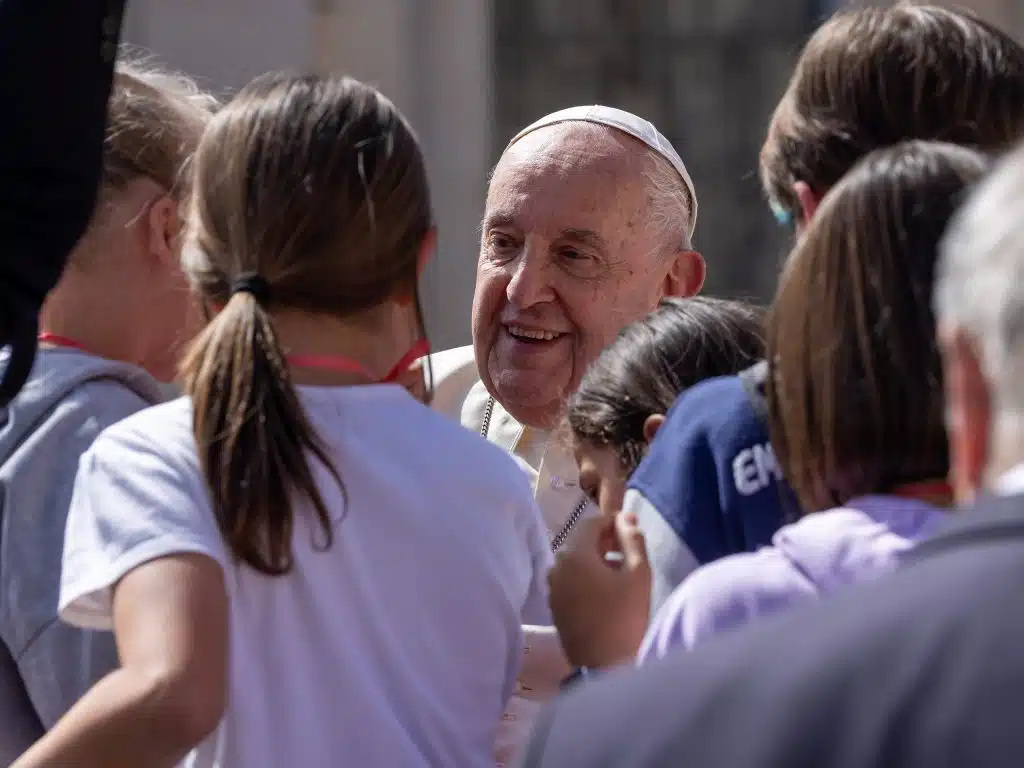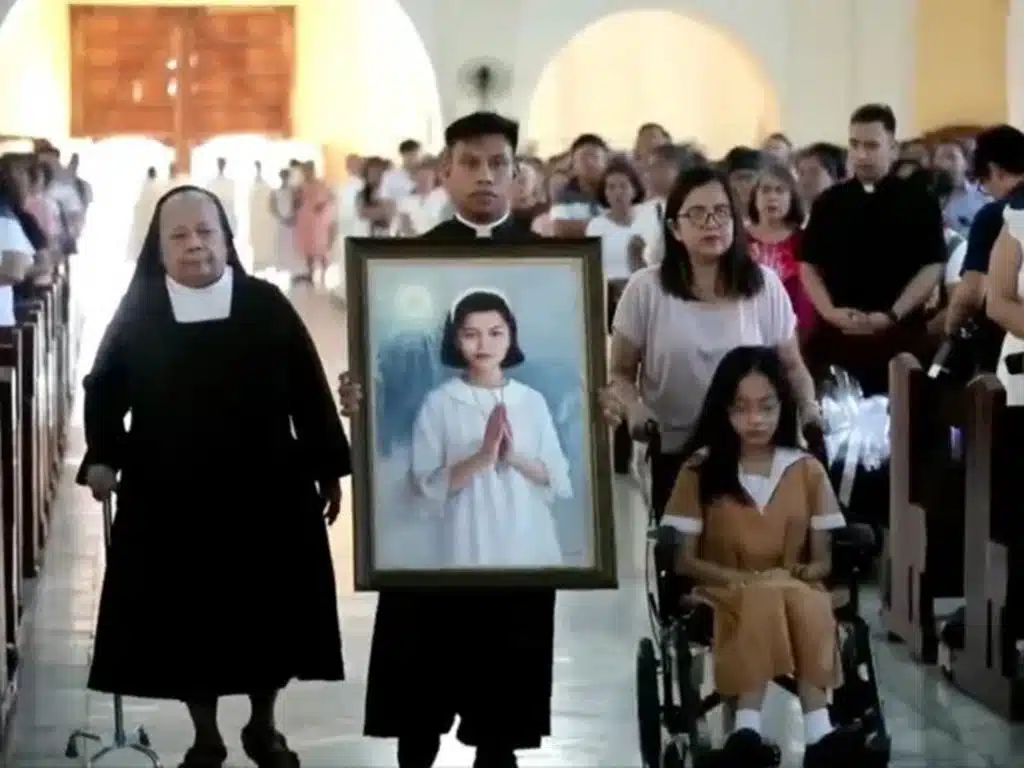VATICAN CITY – The U.S. government has put the Vatican on a list of countries that are vulnerable to money launderers, though not as vulnerable as the United States itself.
It was the first time the Bureau of International Narcotics and Law Enforcement Affairs included the Holy See in its annual report.
The Vatican was one of 68 countries listed as “Jurisdictions of Concern,” the second classification behind “Jurisdictions of Primary Concern,” which the U.S. identifies as major money-laundering countries and includes the United States, Canada, Australia and Mexico.
“While the actual money laundering problem in jurisdictions classified as ‘Jurisdictions of Concern’ is not as acute as in those considered to be of ‘Primary Concern,’ they too must undertake efforts to develop or enhance their anti-money laundering regimes,” the U.S. Department of State’s International Narcotics Control Strategy Report said. The report was released March 7.
Jesuit Father Federico Lombardi, Vatican spokesman, told Catholic News Service March 9 that the Vatican appears on the list for the first time because of its recent adoption of international norms against money-laundering and the financing of terrorism.
An evaluation by the U.S. government of the Vatican’s adherence to such norms is “perfectly consistent with the fact that the Holy See is an active observer of Moneyval,” and began a process of assessment by outside evaluators last year, he said. “Moneyval” is the Council of Europe’s Committee of Experts on the Evaluation of Anti-Money Laundering Measures and the Financing of Terrorism.
In December 2010, Pope Benedict XVI instituted a new agency to monitor all Vatican financial operations and make sure they reflect the latest European Union regulations and other international norms against money-laundering and the financing of terrorism.
The U.S. State Department bureau said in its report that the Holy See enacted appropriate legislation to criminalize money-laundering, require the reporting of suspicious or large transactions, and meet other international financial standards.
However, the 2012 report said, enacting legislation “does not imply full compliance with international standards,” and myriad factors may still render a country vulnerable to money launderers despite the laws on its books.
The report, which covers the year 2011, said that the Vatican was not party to four international conventions tackling illegal trade and finance.
However, the Vatican has since signed three of those treaties, supporting the fight against the illegal drug trade, terrorism financing and organized crime.
The Vatican still has not ratified the U.N. Convention against Corruption.


